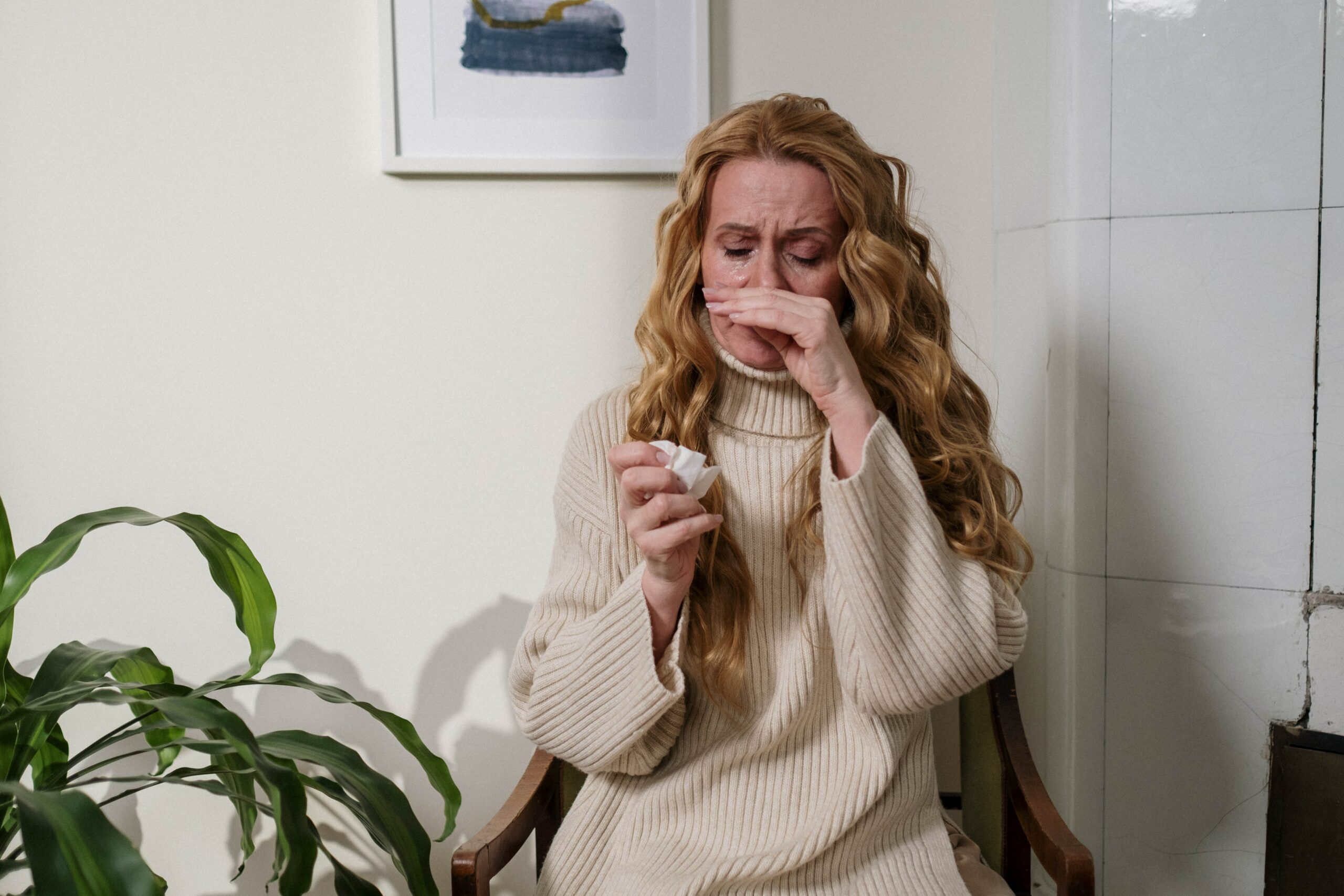Other methods for reducing allergies in your home include:
- Vacuum at least twice a week, more frequently if you have pets.
- When pollen levels are high outside, close the windows and turn on an air filter (or your heating and cooling system).
- Every week or two, wash your linens, blankets, and pillowcases in hot or warm water.
- When you reach home, take a shower and wash your hair to eliminate pollen particles from your skin.
- After being outside, wash your clothes.
- Pets should not be allowed in the bedroom.
Step 5: Discuss seasonal allergy testing or allergy injections with your doctor.
Allergy testing can assist your doctor in determining your specific allergies and developing a treatment plan to alleviate your symptoms.
Allergy tests are rather straightforward. The tests are performed on your skin at an allergy testing clinic. This identifies the allergens that are causing your discomfort.
Depending on the severity of your allergies, your doctor may consider immunotherapy with allergy shots to help diminish – and possibly eradicate – your body’s reactivity to environmental allergens.
These shots, which are given over a number of years until a target dose is reached, help teach your body not to be allergic. Once you’ve found the proper dosage, your doctor will work with you to develop a maintenance plan.
Allergy shots are the most effective technique to treat allergies and outperform the majority of pharmaceutical drugs. A series of allergy shots can provide long-term symptom alleviation that can last 5-10 years. Many patients get symptom relief for the remainder of their lives. You can talk to your insurance company about the cost of allergy shots.
What are the prices of allergy shots?
The cost of allergy shots is determined by a number of factors, including how many things you are allergic to and how frequently you require treatments to keep your symptoms under control. Shots are given weekly at first, and your doctor may gradually reduce them to once a month. If you do not have medical insurance, the cost is usually between $2,000 and $4,000 each year.
The good news is that insurance will usually cover some, if not all, of the expense of allergy shots. Moreover, depending on your plan, you may simply be required to pay your copay. However, double-check your insurance to be sure.
If you can’t get relief from your allergy problems, don’t just “tough it out.”
Nobody wants to be unhappy. If your allergies cause a sinus or upper respiratory infection, they can damage your quality of life and have a negative impact on your overall health. The good news is that you have options.
If you’ve never discussed your allergies with a doctor before, make an appointment with your primary care physician first. Whether you choose a video visit or an in-person appointment, your primary care doctor will listen to your symptoms, answer any questions you have, and work with you to develop a personalized treatment plan, which may include referring you to specialists such as an allergist or an otolaryngologist (a doctor who treats the ears, nose, and throat).
Your doctor can also determine whether your symptoms are due to allergies or COVID-19, a cold, or something else.
Have you been diagnosed with seasonal allergies before? Make an appointment with an allergist in person. If you’re having trouble finding relief this season, or if your allergy symptoms seem to be worsening, you can consult an allergist without a referral. Allergists are experts in testing to understand what causes your allergies and how to treat them effectively.
